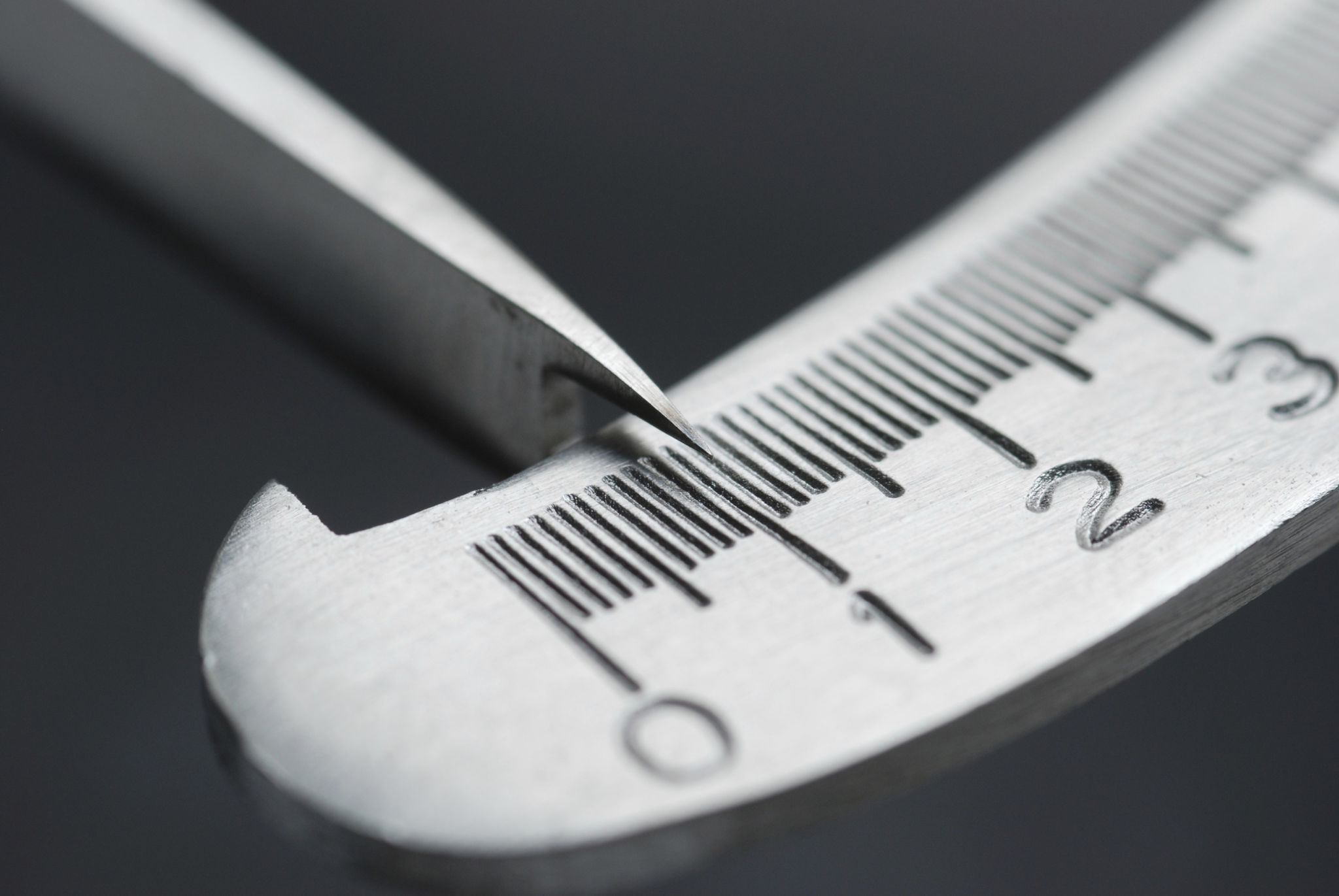Expert Tips: Maintaining Surveying Instruments for Longevity and Accuracy
Understanding the Importance of Proper Maintenance
Surveying instruments are critical tools for professionals in construction, engineering, and land surveying. Maintaining these instruments is essential not only for ensuring accuracy but also for prolonging their longevity. Proper care can prevent costly repairs or replacements and ensure that the data collected is reliable and precise.
Regular maintenance of surveying instruments can help avoid common issues such as calibration errors, mechanical failures, and environmental damage. By investing time in proper maintenance, professionals can ensure their tools remain in top condition, ready to deliver accurate results when needed.

Regular Cleaning and Inspection
One of the simplest yet most effective ways to maintain surveying instruments is through regular cleaning and inspection. Dust, dirt, and moisture can accumulate on equipment, affecting its performance. To prevent this, clean your instruments with a soft cloth after each use, ensuring all moving parts are free from debris.
Inspect the instruments regularly for signs of wear and tear. Look for any loose parts, cracks, or other damage that could affect accuracy. By catching these issues early, you can address them before they become major problems. Regular inspections also help in identifying when professional servicing might be necessary.
Calibration: Keeping Instruments Accurate
Calibration is a crucial aspect of maintaining surveying instruments. Regular calibration ensures that your equipment provides precise measurements. Depending on the instrument's use and exposure to environmental conditions, calibration frequency may vary.
It's advisable to follow the manufacturer's recommendations for calibration intervals. Many professionals choose to calibrate their instruments annually or after any significant event that could impact their accuracy, such as a drop or exposure to extreme weather conditions.

Proper Storage Techniques
Storage plays a vital role in the lifespan of surveying instruments. When not in use, store your instruments in a dry, temperature-controlled environment. Avoid exposing them to direct sunlight or extreme temperatures, as these conditions can affect electronic components and materials.
Use protective cases or covers to shield your equipment from dust and moisture. Proper storage not only prevents physical damage but also reduces the risk of environmental factors compromising the instruments' accuracy and functionality.
Training and Awareness
Ensuring that all personnel who use surveying instruments are well-trained is essential for proper maintenance. Training should cover not only how to operate the equipment but also how to care for it and recognize signs of potential issues.
A culture of awareness about the importance of maintenance can significantly extend the life of your instruments. Encourage team members to report any abnormalities or damages immediately, fostering a proactive approach to equipment care.

When to Seek Professional Help
While regular maintenance can be handled in-house, there are times when professional servicing is necessary. If an instrument is consistently producing inaccurate results despite calibration, or if it sustains significant physical damage, it's best to consult a professional technician.
Professional servicing can include more comprehensive diagnostics and repairs that may be beyond the scope of regular maintenance tasks. By knowing when to seek expert help, you can ensure that your equipment is always in optimal condition and ready for precise measurements.
Conclusion: Investing in Longevity and Precision
Maintaining surveying instruments is an investment in both precision and longevity. By following expert tips on cleaning, calibration, storage, and training, professionals can ensure their tools remain reliable and efficient.
Proactive maintenance not only saves money on repairs and replacements but also guarantees that projects are completed with the highest level of accuracy. Remember, well-maintained instruments are a cornerstone of successful surveying projects.
